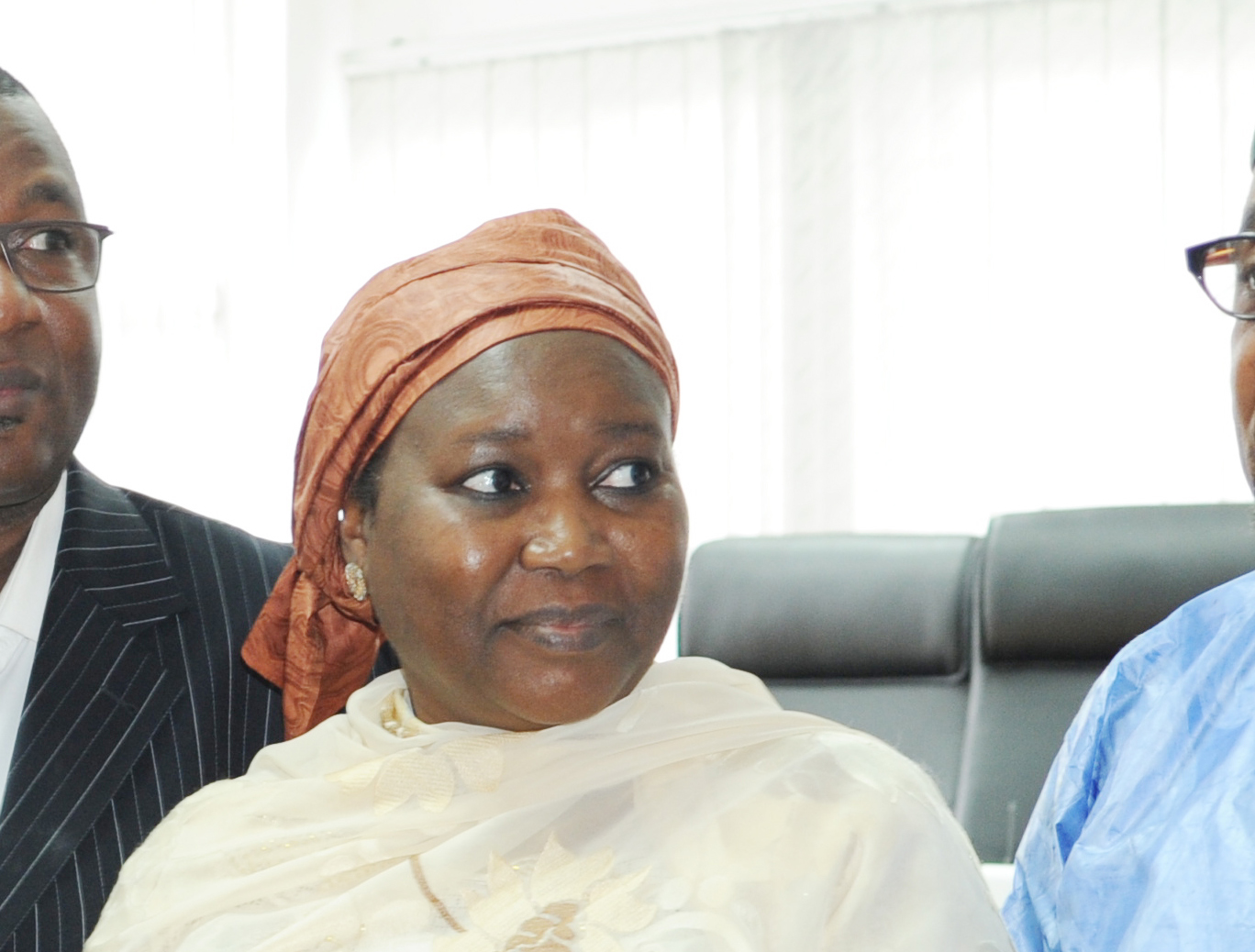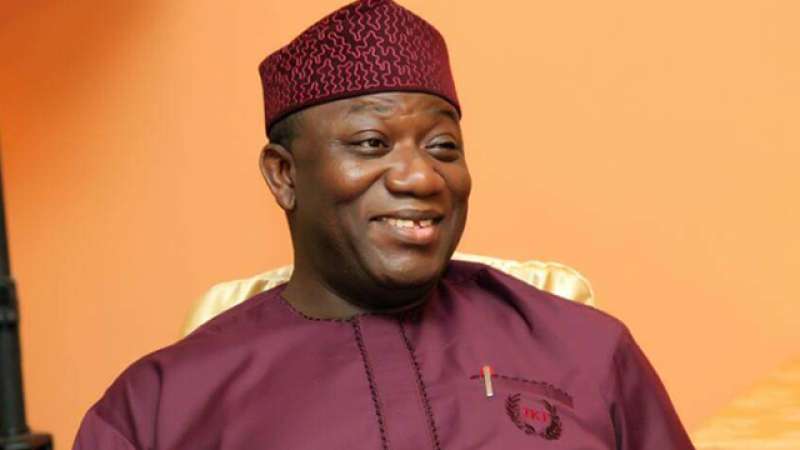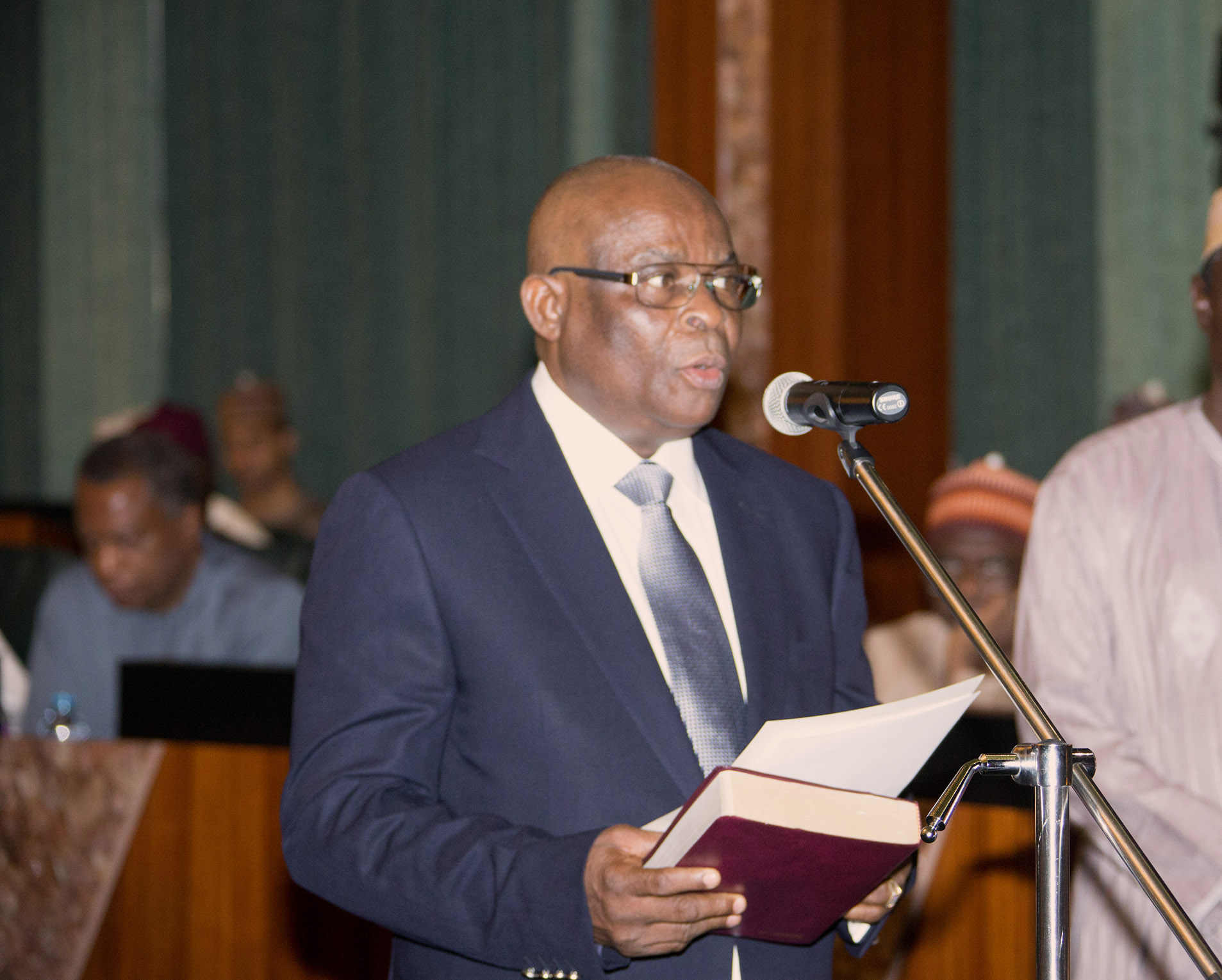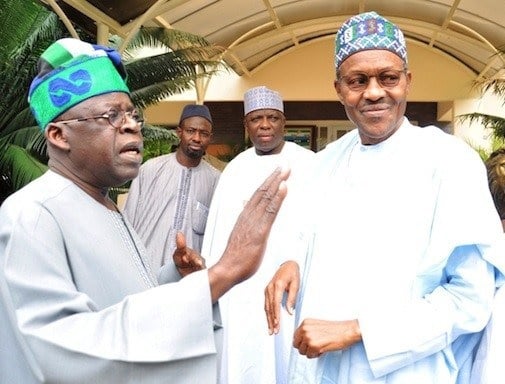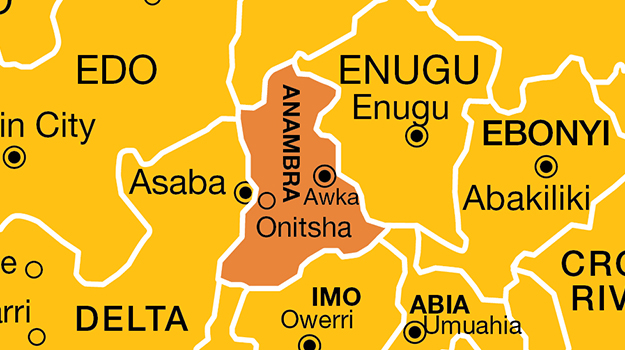PIC. 20. FROM LEFT: MEMBER OF THE COMMITTEE ON MANAGEMENT OF ELECTION
PETITIONS, MRS ANE EDWINS; CHAIRMAN OF THE COMMITTEE, MR KASSIM GAIDAM;
ACTING CHAIRMAN OF INEC, MRS AMINA ZAKARI AND AN INEC COMMISSIONER, AMB.
LAWRENCE IWURUKU, AT THE INAUGURATION OF COMMITTEE ON MANAGEMENT OF
ELECTION PETITIONS, IN ABUJA ONWEDNESDAY (16/9/15).
6663/16/9/2015/HF/BJO/NAN
With due respect to all compatriots, Nigeria must currently be the most ridiculous nation on the surface of the planet.
Some opposition political parties led by the Peoples Democratic Party cry foul over the recent appointment of Mrs Amina Zakari as chair of the Independent National Electoral Commission ad hoc committee on National Collation Centre for the 2019 elections and her family issues a statement to defend her!
The audacious statement signed by one Isah Zakari warned Nigerians as follows: “Enough is enough. Leave our mother, daughter and sister alone to serve the nation as she has done so diligently over her life and career…” Contrary to widespread belief, Amina Zakari is not a blood relation of President Muhammadu Buhari. Her mother was from Daura (born and bred in Kano) and she was not Buhari’s sister. It’s also true that Buhari’s sister was once married into the family. The union was short-lived and did not produce a child. This all happened well before Mrs Zakari was born,” That is the extent to which filial and ethnic affiliations usurp official responsibilities and turn things on their head in Nigeria.
Although the contention about Zakari has been on for close to four years, this last instance, which relates to the all-important 2019 elections is the first time anyone in the right capacity would attempt to reassure Nigerians about the sanctity of the electoral process despite who and who is not appointed into positions.
Advertisement
Until last week when INEC chairman, Professor Mahmud Yakubu, offered a tentative explanation to the effect that Zakari is not related to Buhari because they come from two different states of origin and the dismissive response of the Senior Special Assistant to the President on Media and Publicity, Mallam Shehu Garba, conjectures about Zakari’s connection with the President had remained largely unaddressed.
Had it been spoken to, it would have been a long-gone issue before this critical period in the nation’s democratic history. But the average Nigerian government institution does not glean wisdom in the idiom that a stitch in time saves nine, so, the failure to address this issue in years’ past has brought about the needless fiasco that the nation has on its hands. Even now that attempts are being made at explaining the situation, the explanations are too feeble to make any convincing impact on the protesters. How, for instance, does the fact that two people are from different states obliterate chances that they could be blood relations as Yakubu told the media late last week?
Even the lady in question herself, after launching into the history of her appointment and how she is not related to Buhari in a recent interview with the British Broadcasting Commission, insisted that she was not going to resign as if the office was some ancestral bequest to which she has a sole and unquestionable proprietorship.
Advertisement
It is this sense of loss as to what public office is and the allegiance its holders bear to the people that dictates the dismissive attitude that the authorities have adopted in the Zakari case.
While it is becoming clearer by the day that even if President Buhari and the INEC official had close family ties as alleged, her committee position puts her in no place to influence elections results, INEC owes the opposition parties and all Nigerians an explanation as to why Zakari is fit to hold that office since questions have been raised about her non-involvement.
In the first place, the success of any election is as predicated on the confidence of all participants in the processes leading to it as well as the fairness of the results that come out of it. It is, as a result, the responsibility of INEC to satisfy the curiosity of all parties in the election and ensure that everyone goes into the exercise with considerable trust in the system. And winning the trust of the populace includes the removal of the woman in question from the contentious position or at least being deliberate about clearing all doubts as to her inability to affect the process. Anything short of this is subjecting the credibility of the elections to query.
It is to this effect that rather than allow this issue to escalate to the near crisis dimension that it has taken, INEC should have comprehensively addressed the fears of opposition political parties in spite of the well-anticipated mischief that attends electioneering processes in developing democracies like Nigeria. The commission is an agent of the Nigerian people and it must discharge its services as one which owes every Nigerian, no matter their stations a duty to be accountable.
Advertisement
There is however a more important sense in which this controversy should worry those who lead Nigeria. This is the failure of successive leaderships of the country to invest in formidable institutions built on competence rather than primordial interests like religion, ethnicity and other nepotistic considerations. Administration after administration in Nigeria thrive on the idea of strong men, who make loud statements of outstanding capacities while in office but are unable to create sustainable systems that outlive them and perpetuate their policies.
This is why Nigerians still have a sense that the corruption fight has seen no better days than the years when Mallam Nuhu Ribadu served as the chairman of the Economic and Financial Crimes Commission.
Consider the import of the scuffle between the executive and legislative arms of the Federal Government over the confirmation of Ibrahim Magu, current acting Chairman of the EFCC and wonder why the EFCC, if it has the right structure, cannot be led by any other Nigerian except someone perceived to have a strong character by the government. The effect of such insistence is the perception that the EFCC is an instrument of witch-hunt deployed by every administration against its enemies.
The weakness of national institutions also accounts for fears that extending the tenure of the current Inspector General of Police, Ibrahim Idris, might have adverse effects on the 2019 elections.
Advertisement
If Nigeria had a national police force, which totally owes itself answerable to the people and neither fears nor favours any government in power or their officials, no one would worry about whether the President extends the IG’s tenure or not especially as there are recallable precedence. But as it stands today, there is hardly any of the country’s security agencies that has not at one time or the other proved to be a mere appendage to the government in power.
This is why the country now has the Amina Zakari situation on her hands. Being a Nigerian who has served the country in various capacities at different times in her career, the woman should ordinarily be able to serve in any position irrespective of who she knows or where she comes from. But the organisation she works for like many others set up by the Nigerian constitution has enmeshed itself in the muddy waters of partisanship, sacrificed the basic requirement of neutrality and lost the confidence of the people. The result of course is that anything they do has become an indication of the manipulative mission that successive governments have put them to with little or no resistance.
Advertisement
Until such a time that Nigerian institutions treat all citizens, whether they are currently in power, members of the opposition or ordinary citizens with even standards, controversies like the Amina Zakari situation would crop up and put a shame on the country’s democracy.
Advertisement
At a time in the history of the United State of America, two brothers, namely John Kennedy and Robert Kennedy, were President and Attorney-General respectively. The heavens did not fall because both state officials were guided by institutions which could not be easily manipulated and even when manipulated, had checks and balances that prioritised national interest and retained the confidence of the people. This is what leaders who love Nigeria should begin to work for if they hope to save the country laughable circumstances like the one it currently faces.
Twitter: @niranadedokun
Advertisement
Views expressed by contributors are strictly personal and not of TheCable.
Add a comment

